15 Ancient Wonders From Around the World You Can Still Visit
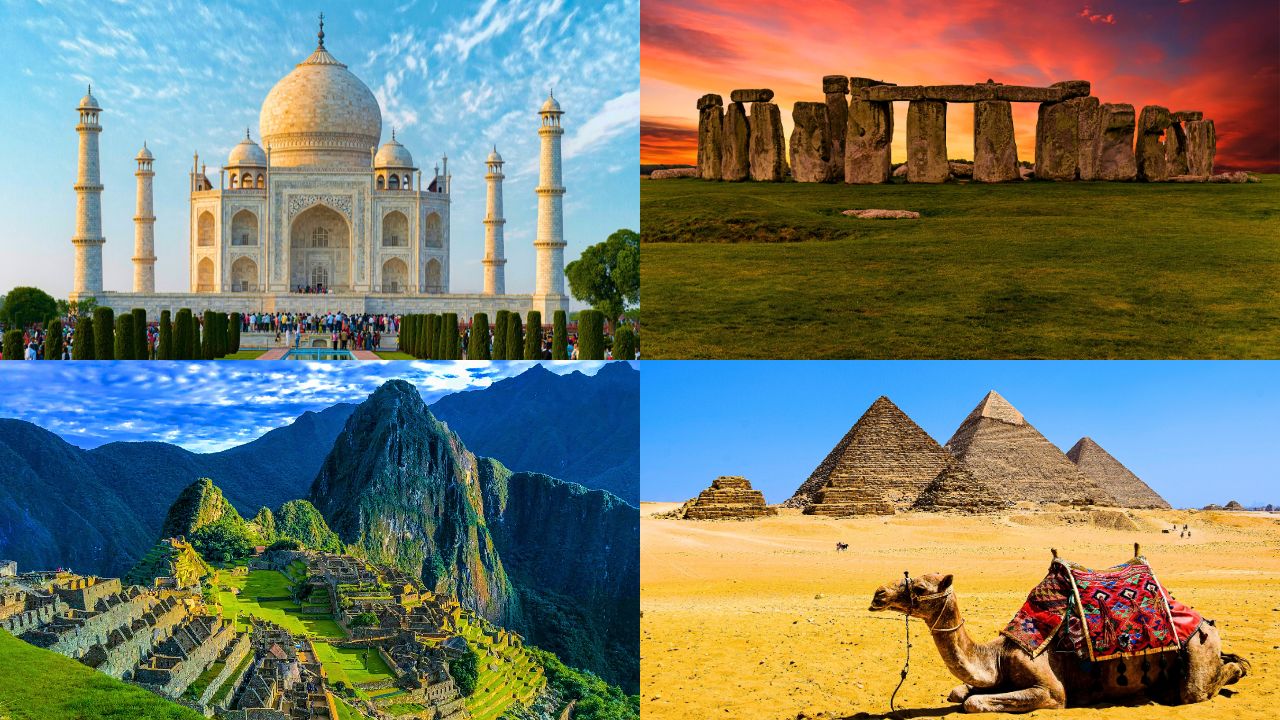
Some wonders of the ancient world have vanished into history books, but others still rise from the earth, inviting travelers to step back in time. From colossal temples and mysterious ruins to engineering feats that defy centuries, these places aren’t just relics they’re living links to the civilizations that built them. Whether you dream of standing beneath Egypt’s pyramids or tracing carvings on a Cambodian temple, these 15 sites prove that the past is closer and more breathtaking than you think.
1. The Great Pyramids of Giza, Egypt
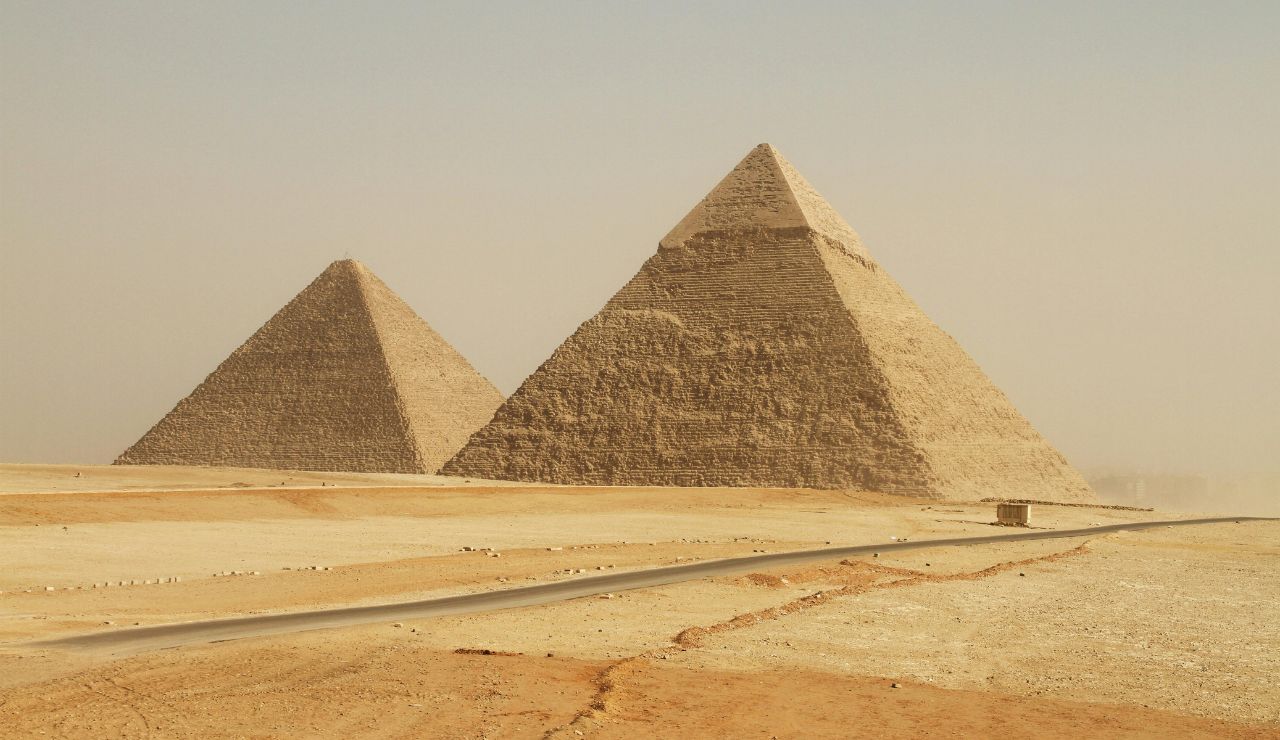
No ancient site captures the imagination quite like the Pyramids of Giza. Standing for more than 4,000 years, these monumental tombs were built for pharaohs and remain one of humanity’s greatest architectural feats. Visitors can marvel at the sheer scale of the Great Pyramid, see the enigmatic Sphinx, or even venture inside narrow passageways to glimpse ancient chambers. As the desert sun shifts, the pyramids glow gold against the sky a timeless reminder of Egypt’s enduring legacy.
2. Machu Picchu, Peru
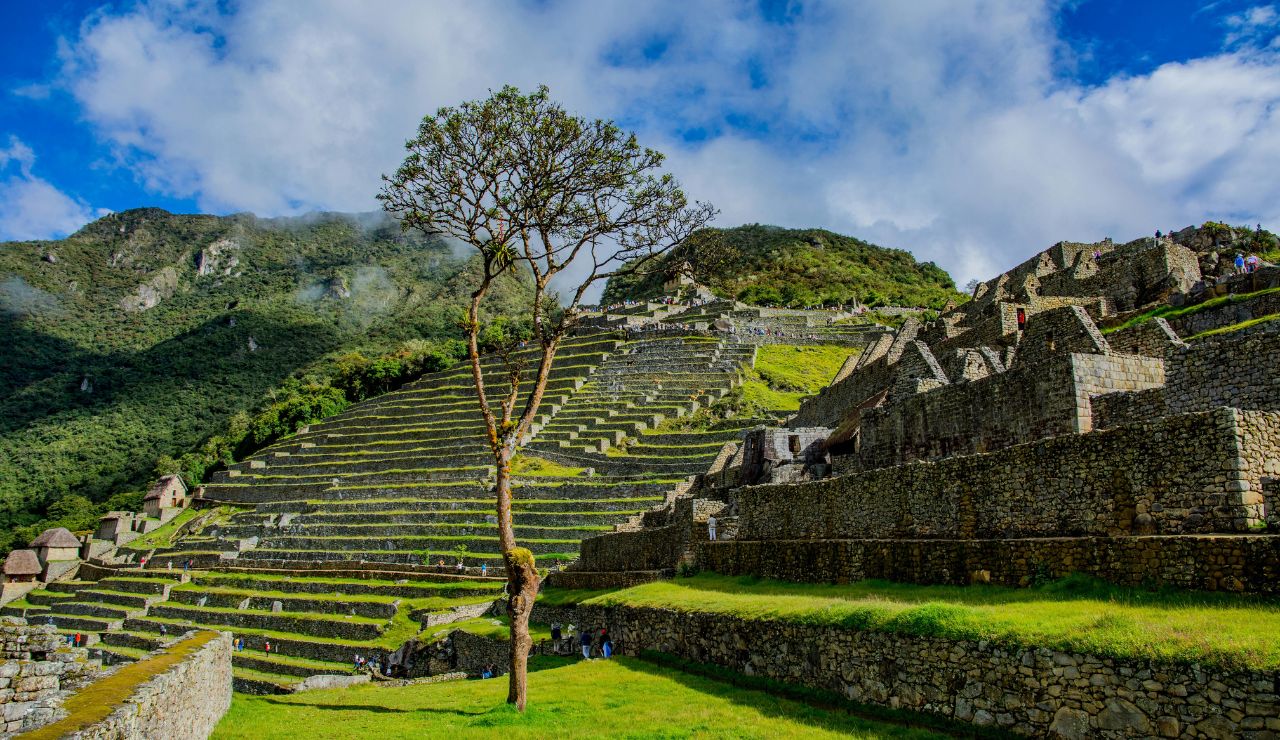
Perched high in the Andes, Machu Picchu is a breathtaking Inca citadel that feels like a dream. Hidden for centuries and refinded in 1911, its stone terraces, temples, and plazas remain astonishingly intact. Visitors can hike the famed Inca Trail or arrive by train, greeted by mist curling around jagged peaks. Whether at sunrise or beneath drifting clouds, Machu Picchu feels otherworldlyc an ancient wonder that still hums with the spirit of the civilization that built it.
3. The Colosseum, Italy
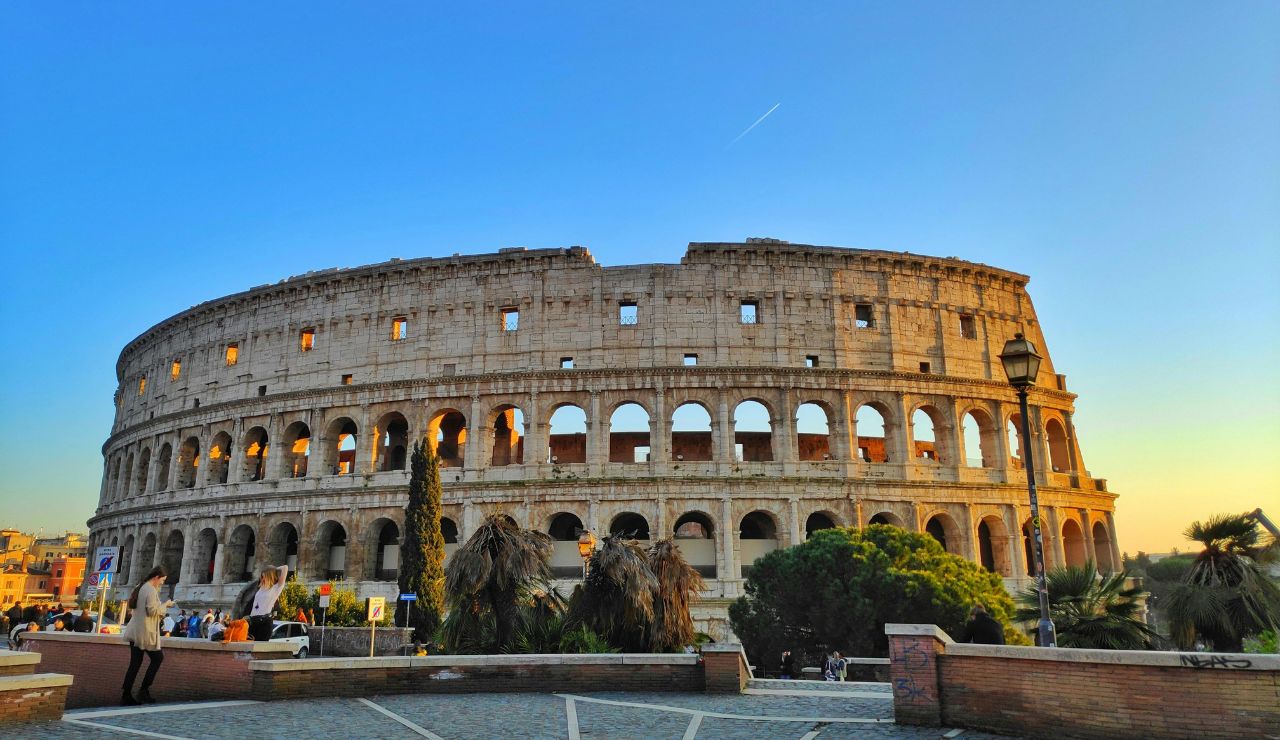
Rome’s Colosseum is a window into a world of gladiators, emperors, and roaring crowds. Built nearly 2,000 years ago, this massive amphitheater once held up to 50,000 spectators for battles, spectacles, and plays. Today, you can walk beneath its stone arches, explore the underground chambers where fighters waited, and gaze up at its weathered walls. As sunlight filters through the ruins, it’s easy to imagine the roar of the crowd that once shook this iconic arena.
4. Petra, Jordan
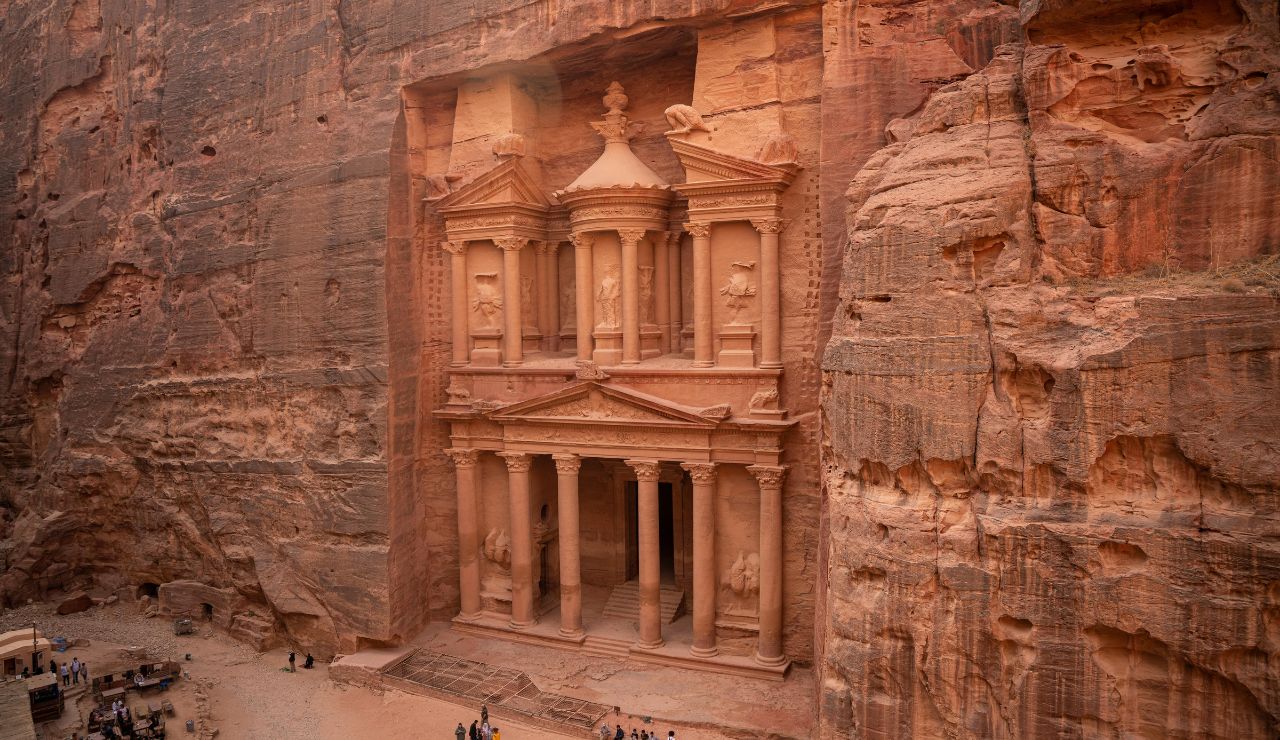
Carved into rose‑red cliffs, Petra is as striking today as when it was a thriving Nabatean city over 2,000 years ago. Enter through the narrow Siq canyon, where towering stone walls lead to the Treasury a façade so stunning it seems impossible humans made it. Beyond, temples, tombs, and theaters sprawl across the desert valley. As the sun sets, the stone glows deep red, casting Petra in an otherworldly light that feels like stepping into a legend.
5. Stonehenge, England
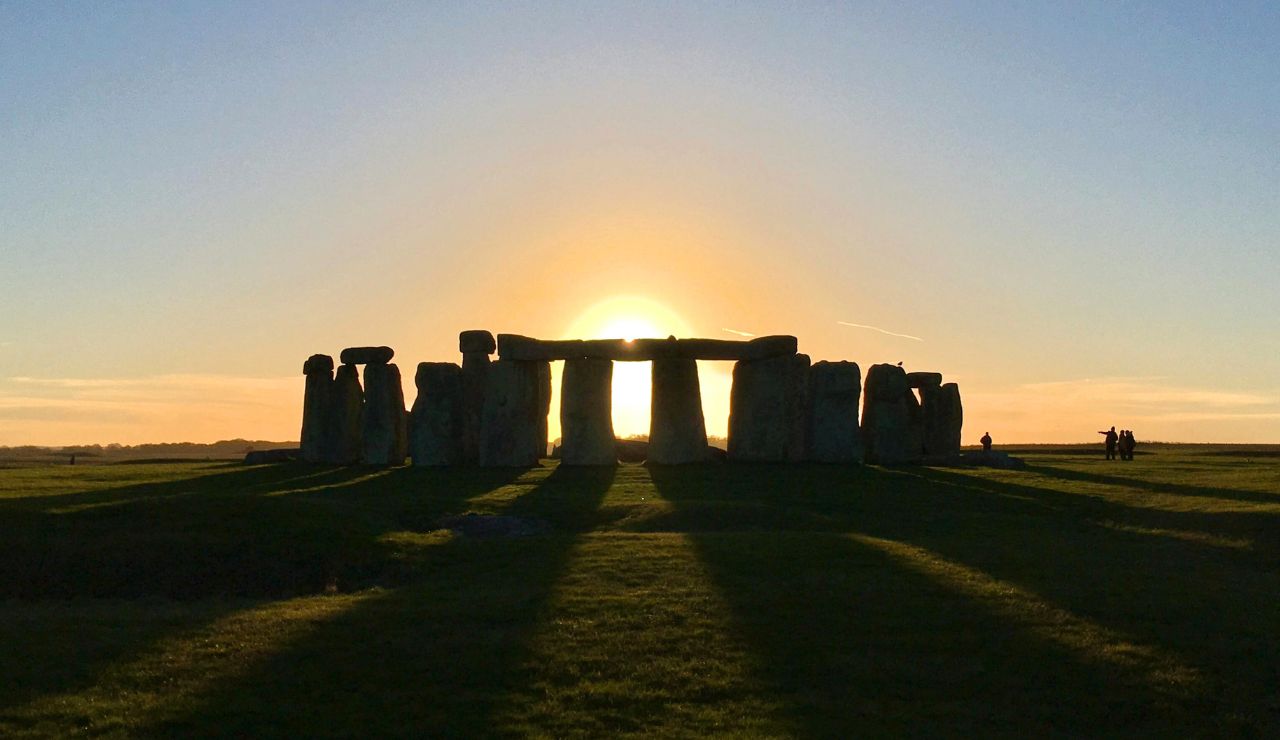
Mysterious and majestic, Stonehenge has puzzled historians for centuries. This prehistoric circle of massive stones rises from the English countryside, its origins and purpose still debated. Was it an ancient calendar, a spiritual site, or something more? Standing before the towering monoliths, you feel the weight of time and mystery. Visit at sunrise or sunset, and the light transforms the stones into silhouettes against the sky a wonder that keeps its secrets close.
6. Angkor Wat, Cambodia

The largest religious monument in the world, Angkor Wat is a masterpiece of Khmer architecture. Built in the 12th century, its intricate carvings and soaring towers honor the Hindu gods, later becoming a sacred Buddhist site. Visitors can wander endless galleries of bas‑reliefs, climb temple steps, and watch dawn turn the stone golden as monks in saffron robes pass by. Angkor Wat isn’t just ruins, it’s a living, breathing temple complex still steeped in devotion.
7. Chichen Itza, Mexico
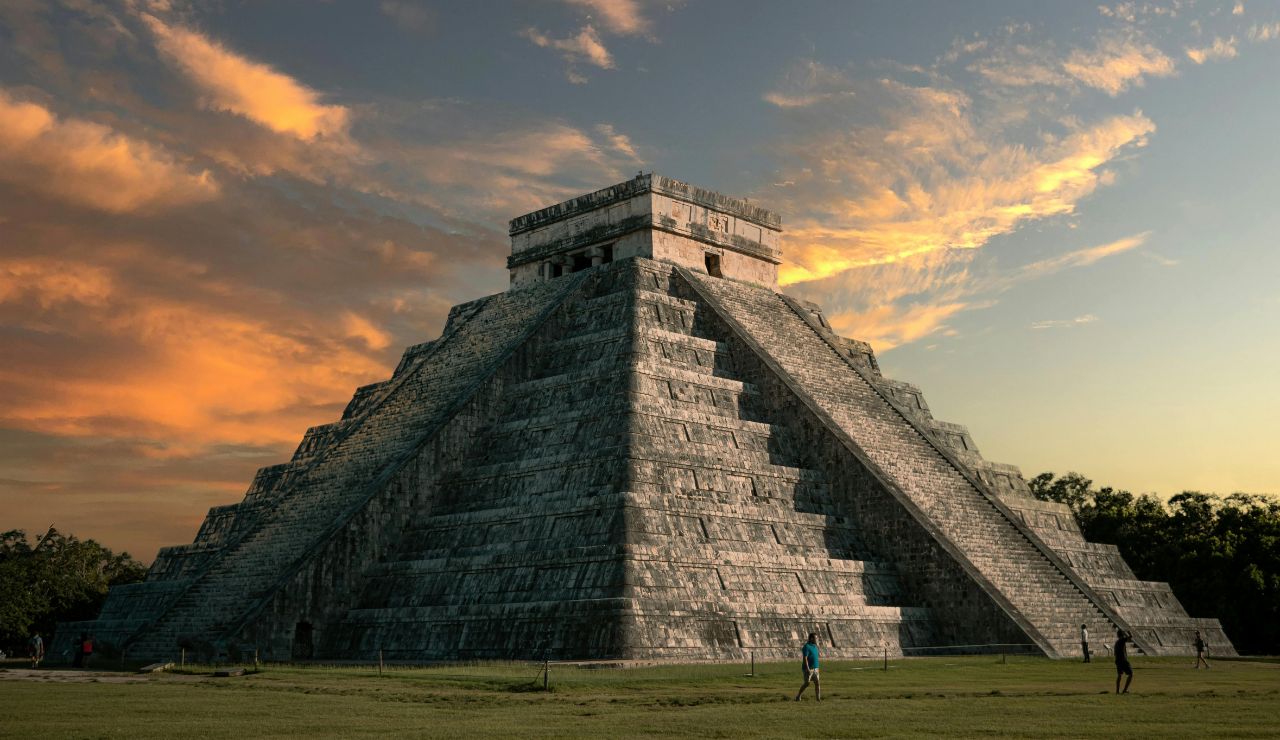
Once a powerful Maya city, Chichen Itza remains one of the New Seven Wonders of the World. Its iconic pyramid, El Castillo, dominates the site a marvel of astronomy that aligns perfectly with the sun during equinoxes. Around it, ball courts, temples, and sacred cenotes reveal the depth of Maya culture. Walking among the ruins, you sense both grandeur and mystery, a place where ancient rituals and cosmic knowledge still seem to echo in the stone.
8. The Parthenon, Greece
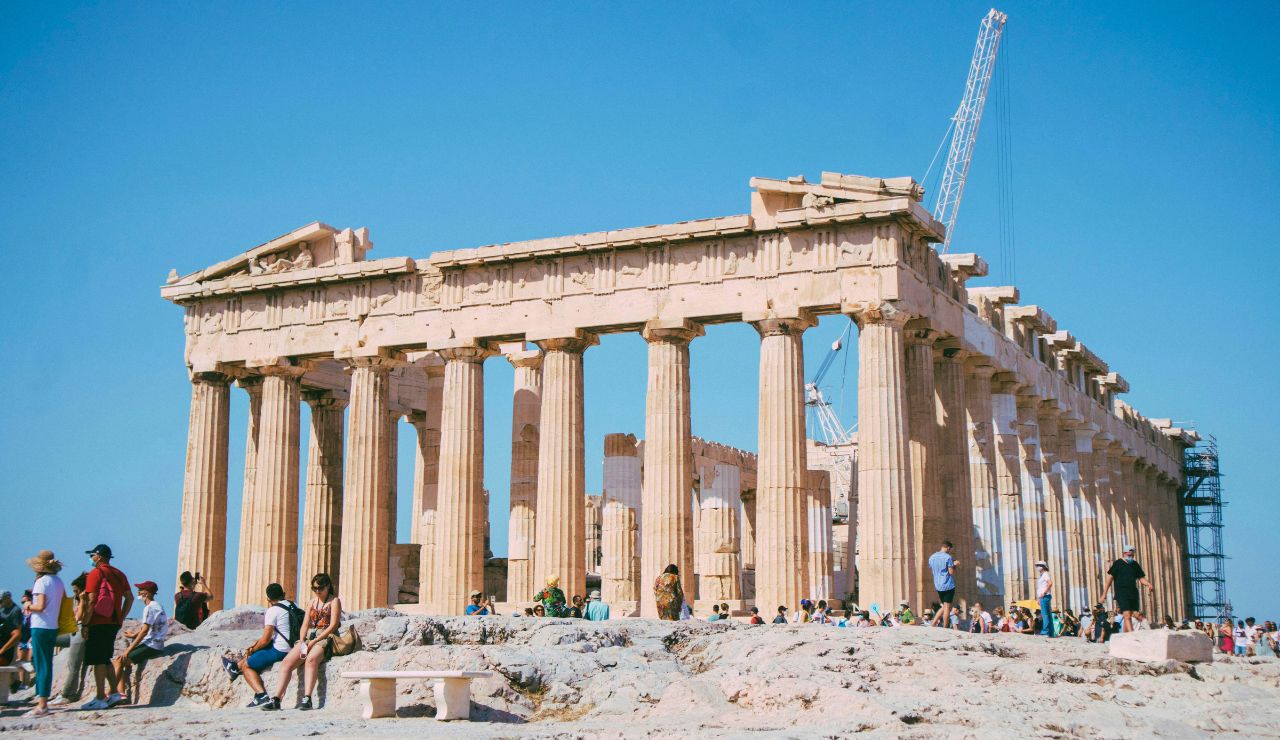
High on Athens’ Acropolis, the Parthenon stands as the ultimate symbol of classical Greece. Dedicated to Athena, goddess of wisdom, this marble temple has watched over the city for nearly 2,500 years. Its columns, though weathered, remain graceful, and its proportions are so perfect they inspired architects for millennia. As the sun sets and the Parthenon glows above modern Athens, you see not just ruins, but the enduring spirit of an ancient civilization.
9. Easter Island’s Moai, Chile
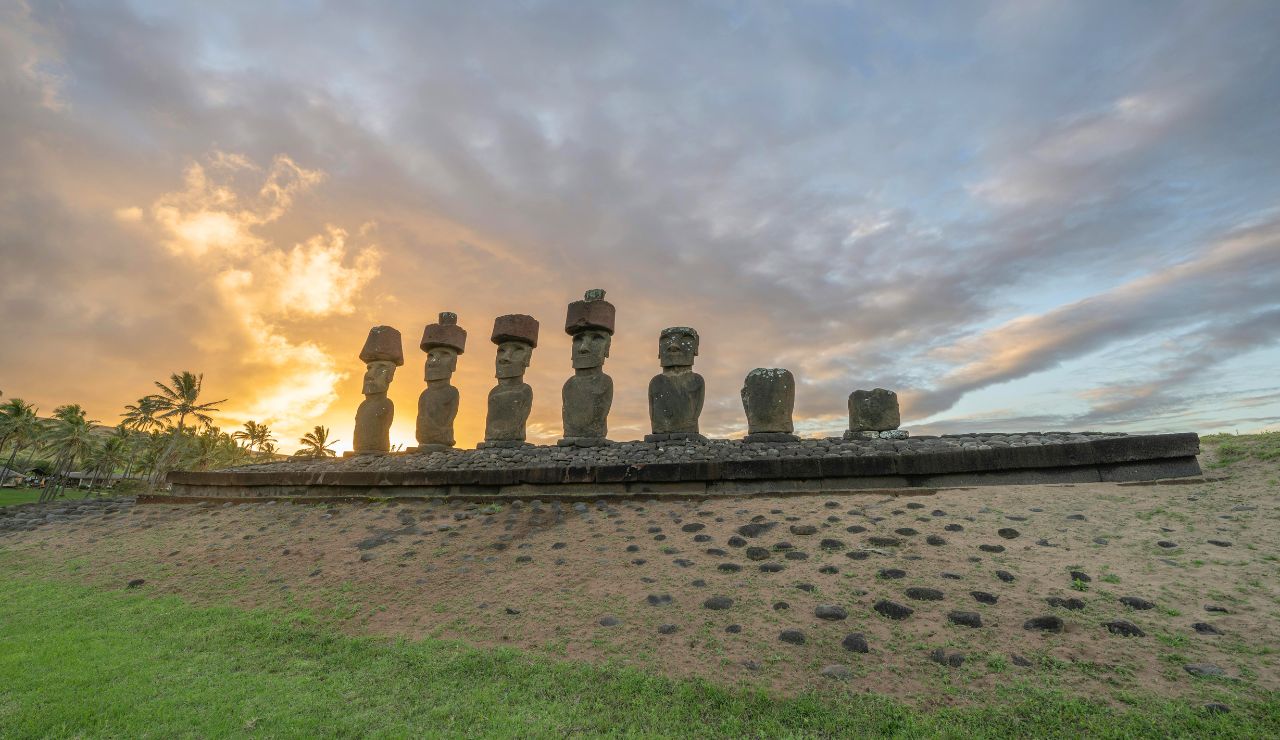
Far out in the Pacific, Easter Island feels like the edge of the world, its mysterious moai statues staring endlessly across windswept hills. Carved by the Rapa Nui people centuries ago, these towering figures, some over 30 feet tall and weighing more than 80 tons, remain an enigma How were they moved? Why were they placed where they stand? As the ocean crashes nearby and trade winds sweep across the island, you feel its isolation and wonder. Each moai is a silent testament to human vision, effort, and the enduring mysteries of a culture that shaped stone into legend.
10. Taj Mahal, India
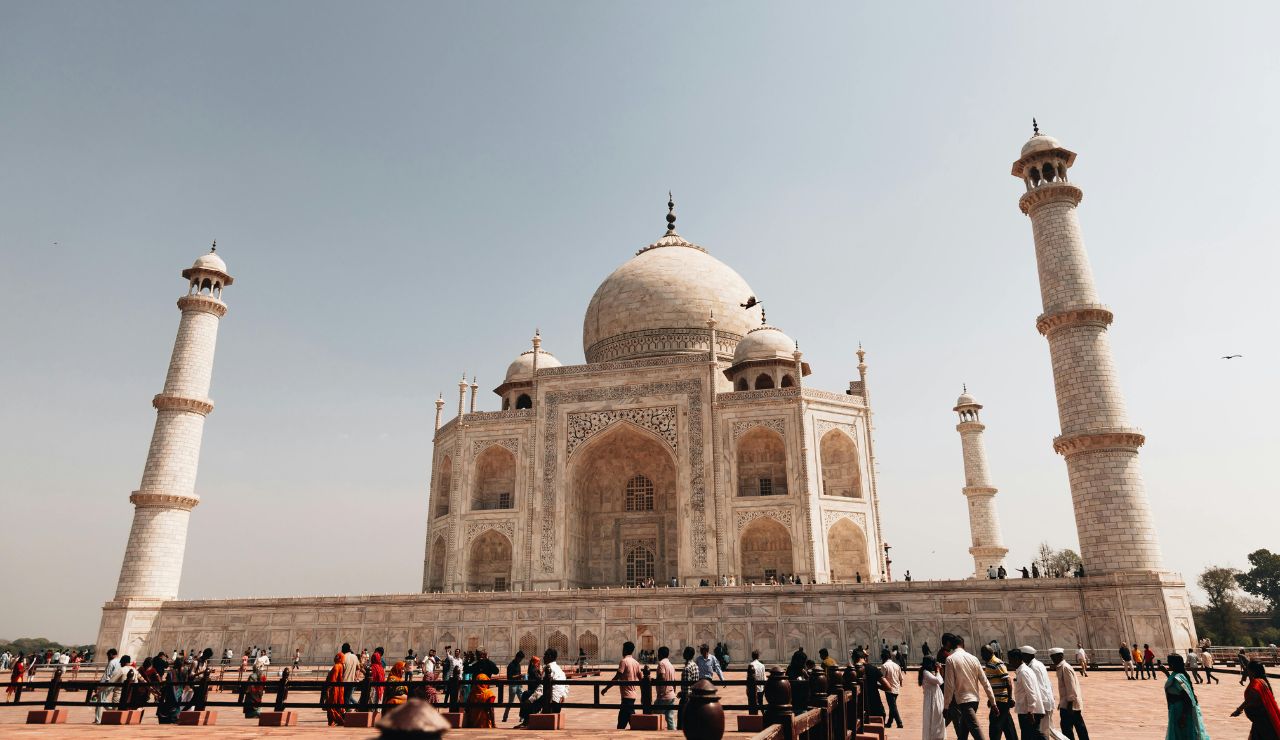
Though younger than some wonders, the Taj Mahal remains one of the most romantic and breathtaking monuments on Earth. Built in the 1600s by Emperor Shah Jahan as a tomb for his beloved wife, its white marble glows at sunrise, sunset, and even beneath the moon. Intricate inlays, reflecting pools, and gardens surround it, creating a scene so perfect it feels unreal. Visiting the Taj is to witness love turned to stone a wonder as emotional as it is architectural.
11. The Great Wall of China
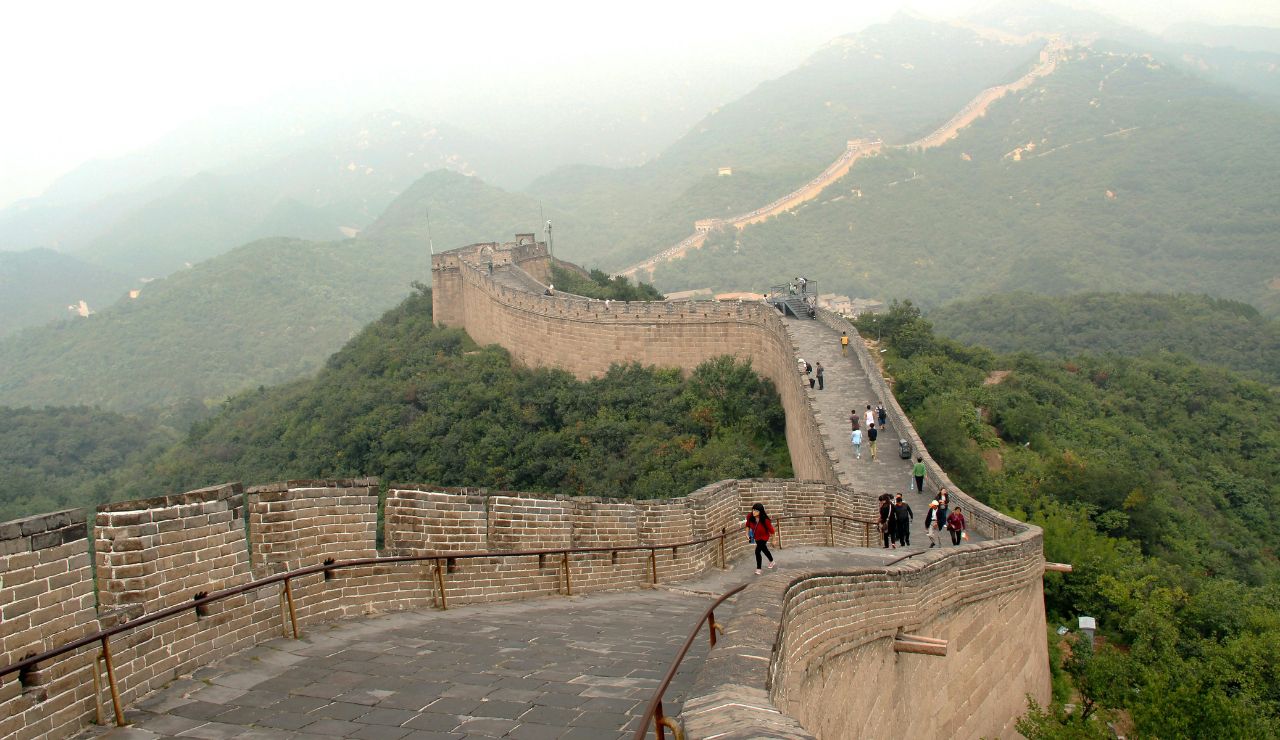
Stretching more than 13,000 miles, the Great Wall of China winds across rugged mountains, deserts, and forests a staggering feat of human determination. Built over centuries to guard dynasties, its stones have seen empires rise, battles rage, and centuries of history unfold. Visitors can walk restored sections near Beijing or trek to remote, weathered stretches where silence and solitude linger. Standing on the wall, with watchtowers fading into the horizon, you feel the weight of countless hands that built it a living monument to ambition, defense, and enduring legacy.
12. Borobudur Temple, Indonesia
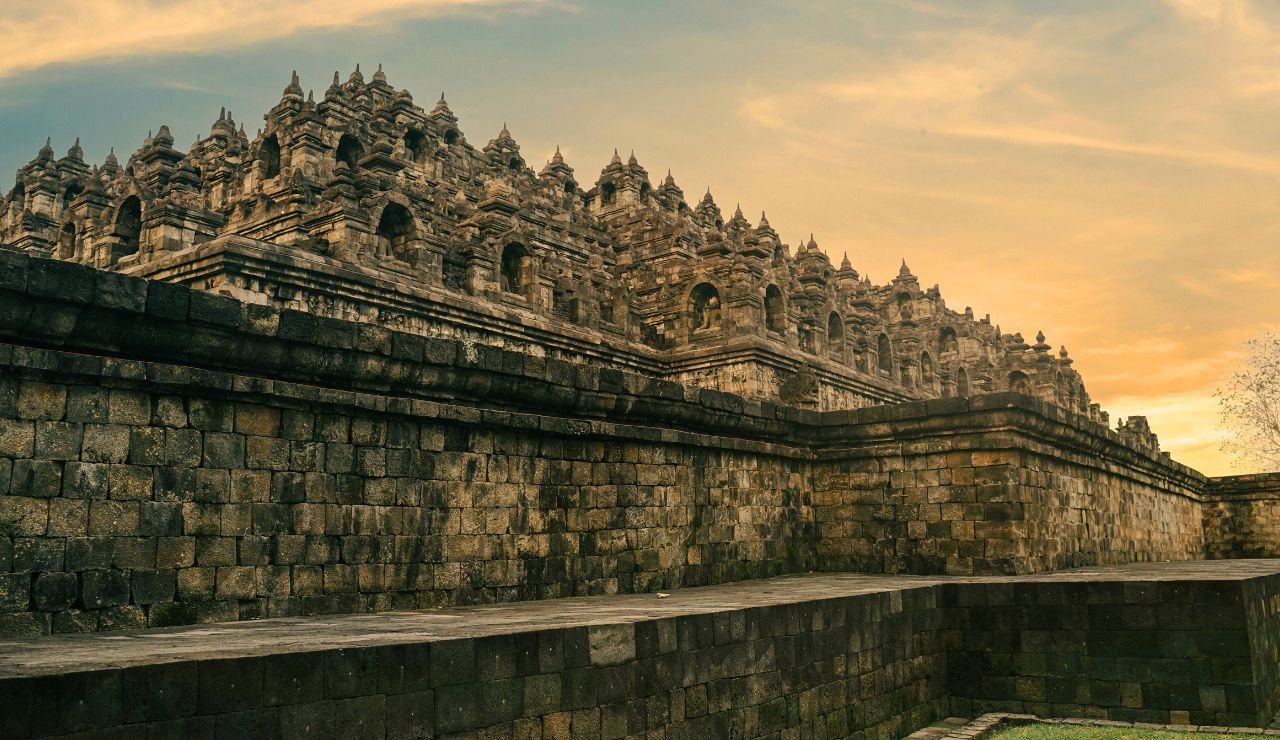
In the heart of Java, Borobudur rises like a colossal stone mandala, a 9th‑century Buddhist masterpiece and the world’s largest temple of its kind. Its terraces are lined with hundreds of serene Buddha statues, while thousands of intricate relief panels narrate the path to enlightenment. As you climb higher, the atmosphere shifts from earthly detail to airy stillness, culminating at the stupa-crowned summit. At dawn, mist curls around the jungle and distant volcanoes, and the first sunlight glints off stone bells turning Borobudur into a place that feels suspended between earth and the divine.
13. Mesa Verde Cliff Dwellings, USA
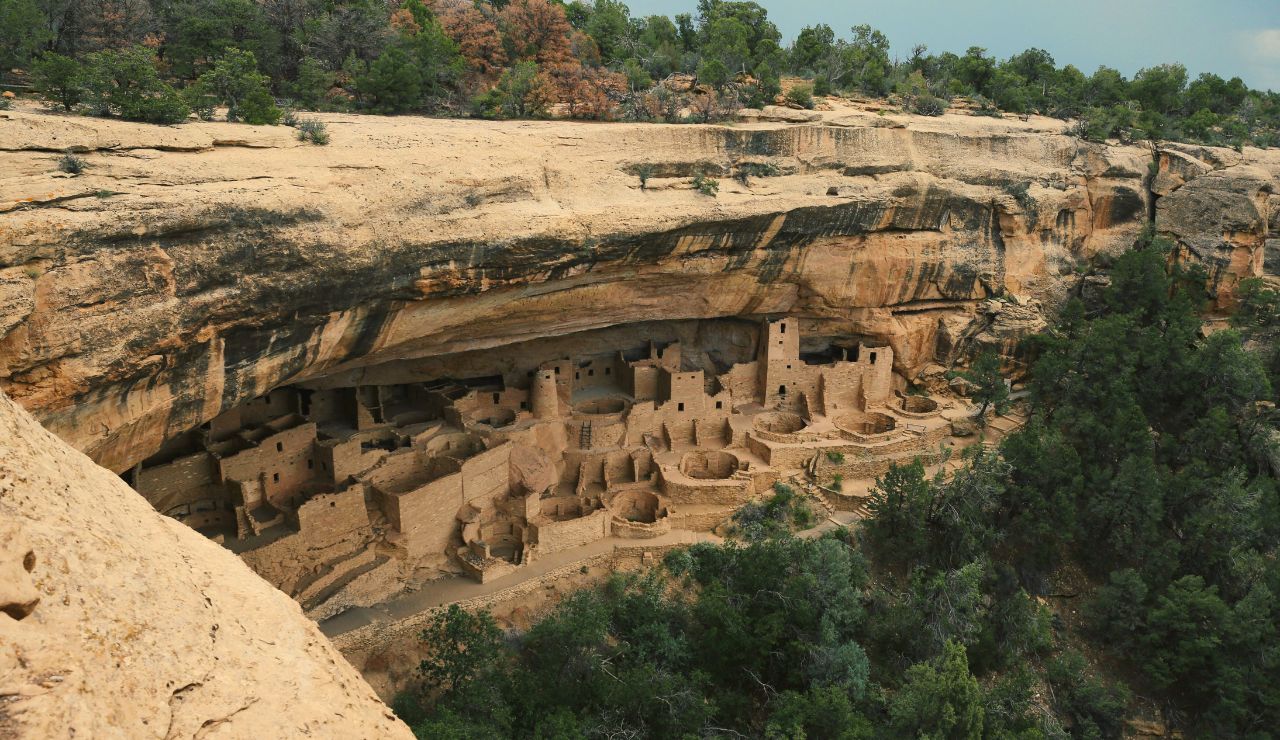
High in Colorado’s mesas, ancient Pueblo people carved entire villages into cliffs more than 700 years ago. Today, Mesa Verde’s dwellings rooms, plazas, and kivas tucked beneath overhangs offer a rare glimpse into their lives. Visitors can climb ladders into the stone homes, hike rugged trails, and stand in the cool shade where generations once thrived. Mesa Verde is living history, a testament to resilience and ingenuity in the harshest landscapes.
14. Abu Simbel Temples, Egypt
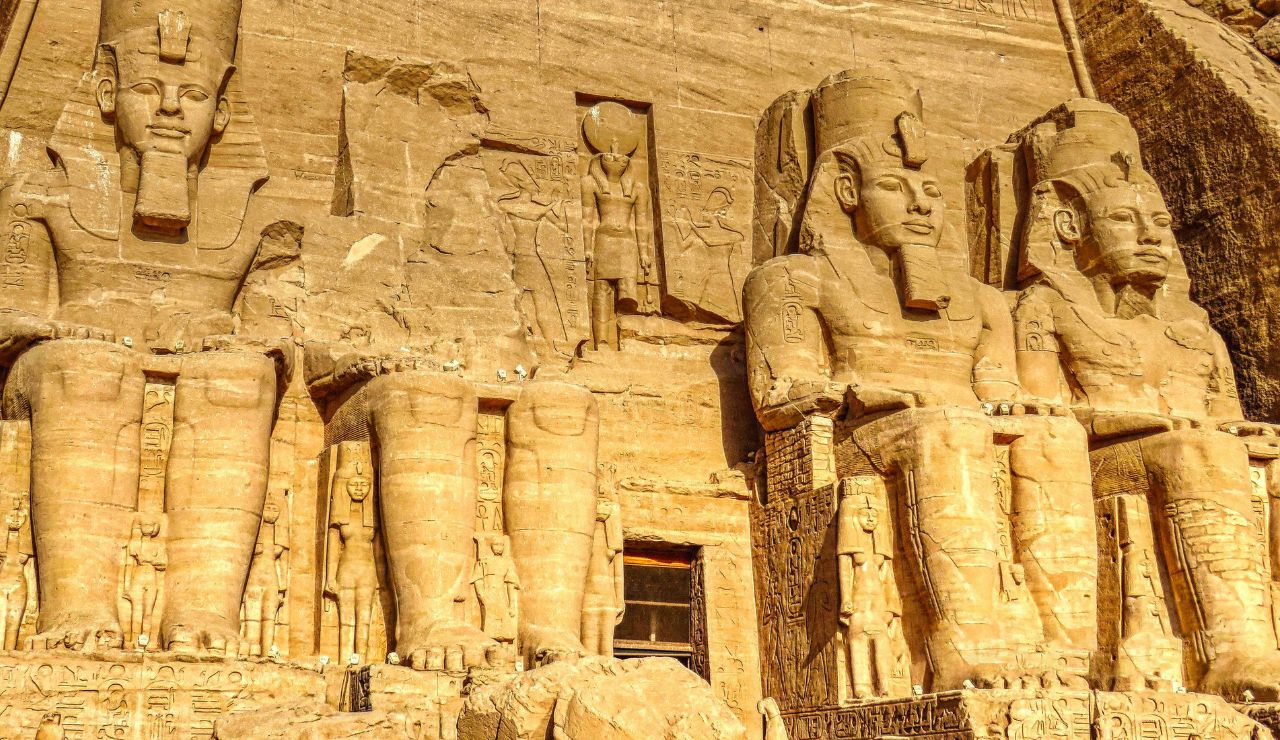
Abu Simbel is a temple like no other four colossal statues of Ramses II tower over the entrance, their gazes eternal, carved straight into sandstone cliffs. Step inside and the cool chambers glow with carvings and hieroglyphs, chronicling gods, battles, and the pharaoh’s divine legacy. In a stunning feat of engineering, the entire temple was relocated in the 1960s to escape rising Nile waters, stone by stone. Twice a year, the sun’s rays pierce the inner sanctuary, illuminating statues just as they did millennia ago a breathtaking reminder of how ancient ingenuity still aligns with the heavens.
15. Hampi Ruins, India
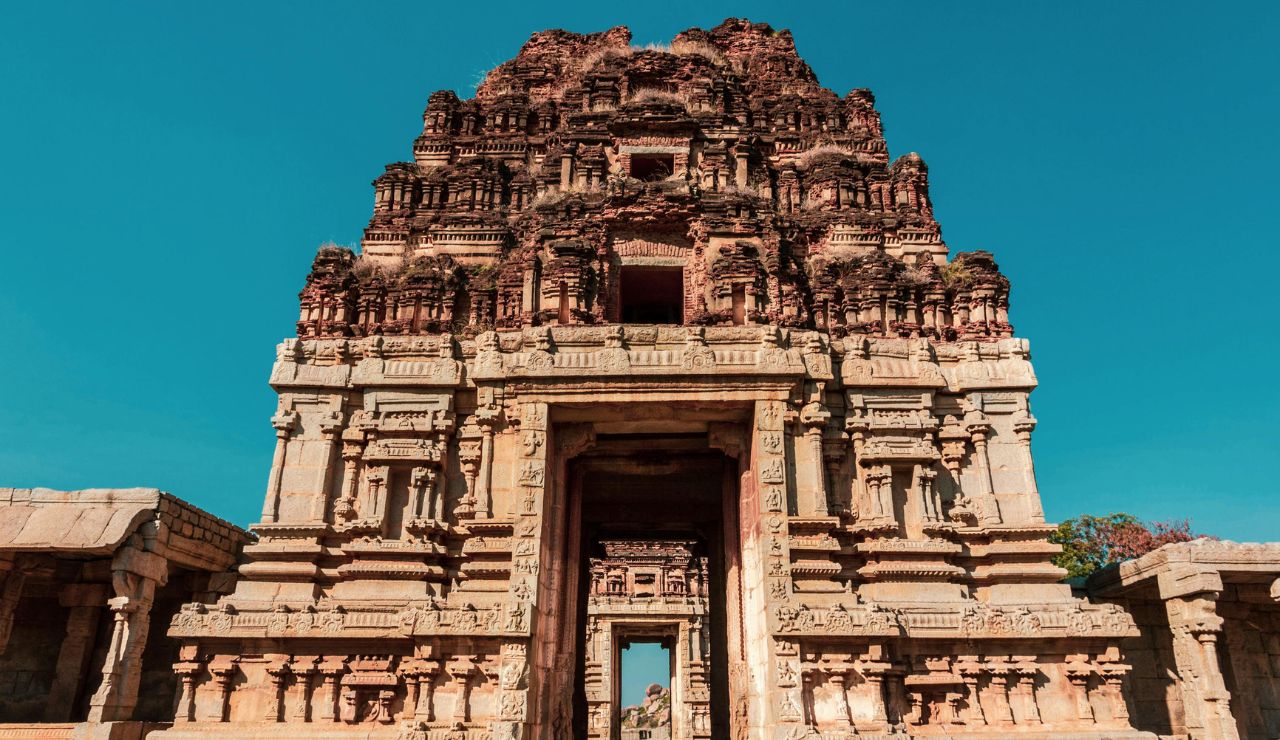
Scattered across a surreal landscape of boulders and palm groves, Hampi’s ruins whisper of a once‑mighty empire. Temples, markets, and palaces stretch for miles, remnants of the Vijayanagara kingdom that thrived centuries ago. Visitors can wander among crumbling columns, climb to hilltop shrines for sunset views, and feel the past stirring in the warm air. Hampi is less polished than some wonders, but its scale, beauty, and raw history make it unforgettable.